News
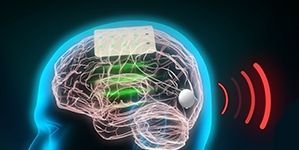
ICN2 Graphene-Based Sensors for Biomedicine and Brain-Machine Interfaces
Within a few years, graphene has become the prime example of a promising material for its numerous properties: resistant and light, flexible and elastic, transparent, conductor of heat and electricity, etc. Graphene has already been awarded a Nobel Prize in 2010 and Graphene Flagship is one of the two current key scientific initiatives of the European Union (Humain Brain Project is the other one) that gathers 142 academic and industrial groups from 23 different countries with 1 billion Euros in funding over the 2013-2023 period.
During the Mobile World Congress held last month, the Institute of Photonic Sciences from Barcelona was on charge of the graphene pavilion in collaboration with the Graphene Flagship initiative. In this booth, new technologies carried out by researchers from the Catalan Institute of Nanoscience and Nanotechnology (ICN2), which is located at the Universitat Autònoma de Barcelona campus (Barcelona Synchrotron Park partner), were presented.
Among these ICN2 applications are graphene-based electronic sensors that could be used for detecting the electrical activity of the brain. These flexible sensors can be used on relatively large areas and their spatial resolution is pretty high. Tests are currently carried out on animals to investigate sleep and epilepsy: these sensors are thought to have therapeutic applications and be used in the design of new brain-machine interfaces.
For more information

Halal Certification Awarded to Natura Bissé
This certification is not only a recognition of the expansion of the brand in the Middle East and the Asia-Pacific region but it is also an added value to provide Natura Bissé products to Muslim people from around the world.
Natura Bissé group currently employs 350 people and reached a 49.7 million Euros turnover in 2015. The company is in an expansion process on international markets thanks to its foreign branches in United States, Mexico, Arab Emirates and Great Britain. It is already present in 35 countries with 2,000 points of sale.
Congratulations!
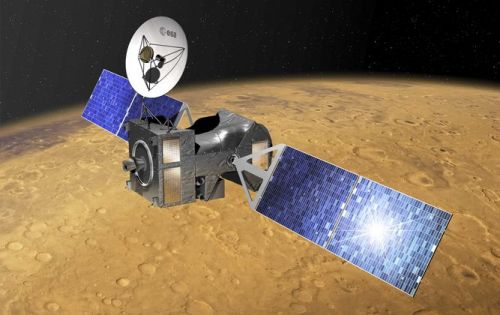
SENER is back to Mars
The Trace Gas Orbiter (TGO) space probe and its lander called Schiaparelli took off at 10.31 am Barcelona time aboard a Russian Proton rocket from the Baikonour cosmodrom in Kazakhstan. They started then a seven-month journey to travel the corresponding 496 million kilometers.
On next October 1, after completing the journey, Schiaparelli lander will separate from TGO probe and will land on Mars three days later. For its part, TGO will reach a circular orbit at a 400 meters altitude. As a noise would do, TGO will search for trace gazes in the Mars atmosphere, especially carbon gases such as methane that can inform about current or past lives.
On that mission and on the ExoMars 2018 following one, SENER whose Catalan headquarters are located in the Barcelona Synchrotron Park, will bring again its technology on Mars (lander and front shield separation mechanism) following the company’s contribution to Curiosity, the NASA rover that has been exploring the planet since 2012 (SENER supplied the pointing mechanism for the antenna that enables bi-directional communication between the rover and the Earth).
Have a good trip!
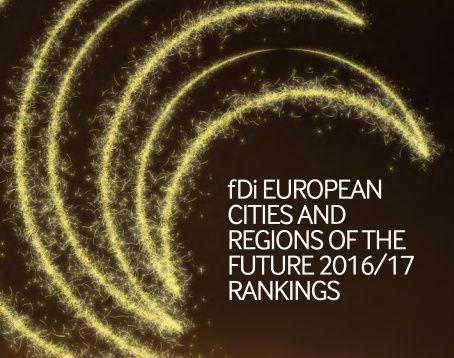
Barcelona, 2016/17 Top European City for FDI Strategy
Financial Times sees Catalonia as the best Southern European Region of the Future 2016/17 in its latest report on the most attractive European locations for future investments. Barcelona comes first in the continent by foreign direct investment (FDI) strategy and policies for attracting investors.
In this document called « fDi European Cities and Region of the future 2016/17 rankings », which is produced by fDi Magazine (February/March 2016) from the Financial Times, Barcelona also ranks 5th in terms of business friendliness environment (after London, Dublin, Paris, and Warsaw), 3rd as top 10 southern European cities (after Istanbul and Madrid) or 10th in connectivity.
In this dynamic environment, it can be mentioned that the global pharmaceutical company Roche recently announced the creation of the new Roche Diabetes Care Spain division that will create 100 new jobs at the Spanish headquarters of the Swiss multinational in Sant Cugat, near the Barcelona Synchrotron Park.
Down load the document
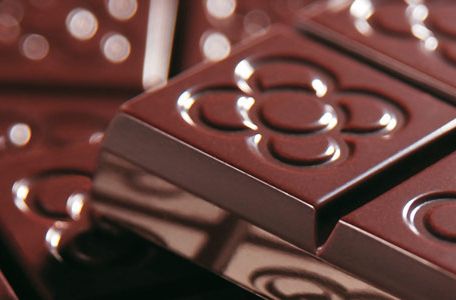
NCD Beamline at ALBA Synchrotron: When X-Rays Make Chocolate Speak
The way cacao cream solidifies – the way it crystallizes or the way molecules self-organize as physicists would say – is crucial. The way chosen determines not only the tactile and visual aspect that is very important by the way, but also the gustative sensation: to each of the different crystallized structure obtained corresponds a different melting temperature on the palate.
Therefore, the understanding of the crystallisation mechanisms involved allows controlling and improving the manufacturing process. With that goal in mind, chocolate maker Enric Rovira has joined forces with researcher Laura Bayés García and her colleagues from the crystallography department of the Universitat de Barcelona to investigate the so-called velvet chocolate texture that provides an original sensation of freshness on the palate.
Thanks to the NCD ALBA beamline X-rays, it has been deduced that this singular texture is due to the manufacturing process (cacao cream sprayed on a chilled solidified chocolate substrate) that produces crystals much more tiny than in the normal chocolate: this size difference leads to a 2-degree lower melting temperature of the coated velvet-structured chocolate compared to the substrate that causes the sensation of freshness.
This research work resulted in a scientific paper published in Crystal Growth and Design. This is a clear illustration of how the frontier between basic and applied sciences can be blurred: how cacao cream molecules solidify is both a pure crystallography problem and an industrial challenge.
Enjoy your chocolate!
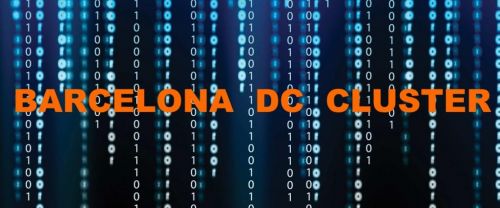
Barcelona DC Cluster from BSP at the 2016 Mobile World Congress Brokerage Event
In addition to these DCs already operative, BSP completed a new 42,000 sq.m. plot specially designed to host DCs and provide companies with district cooling, six telecommunication networks already installed etc.
With such a plot promoted as Barcelona DC Cluster, BSP wants to position itself as a privileged location to set up DCs in southern Europe.
In this project, BSP draws on the technology assessment of B-Barcelona Consulting/BGC, an engineering company specialized, among other things, in the design of mission critical infrastructures and the implementation of energy efficiency strategies as free cooling, direct-to-chip water cooling etc.
The presence of B-Barcelona Consulting/BGC at the 2016 Mobile World Congress brokerage event gave a very good opportunity to start making known Barcelona DC Cluster and the competitive advantages offered.









